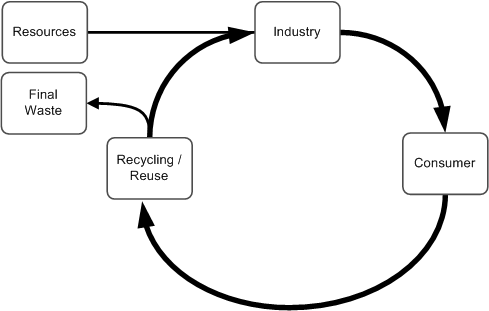What is Pollution from an Ecological Perspective

Julio F. Campos I have been quite often asked questions about pollution. What it is, it's different types, what products are considered to be pollutants, how the environment deals with it or what can we do to prevent it. Here I'll briefly answer those questions explaining what pollution from the ecological perspective is. How, why, when an ecosystem is considered polluted and what can it do about it. But first, it is necessary to bring two fundamental ecosystem structural characteristics. A) The carrying capacity Carrying capacity is the capacity of any ecosystem to sustain a number of individuals of a given species. That could the number of different species, the number of predators, the volume of human use of its resources and, as we will see, the quantity of waste that it can process through its recycling species. As such, every ecosystem has an intrinsic set of carrying capacities for its innumerous species which are derived from its complex internal inter...

